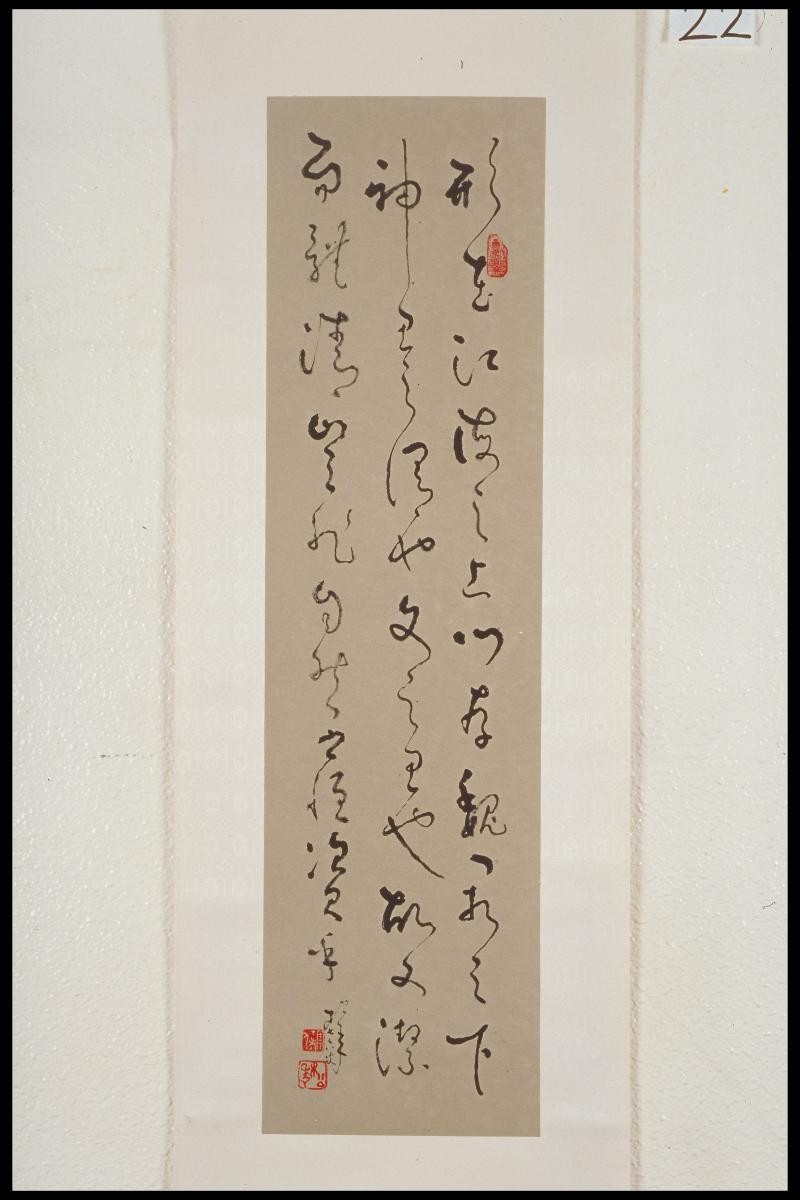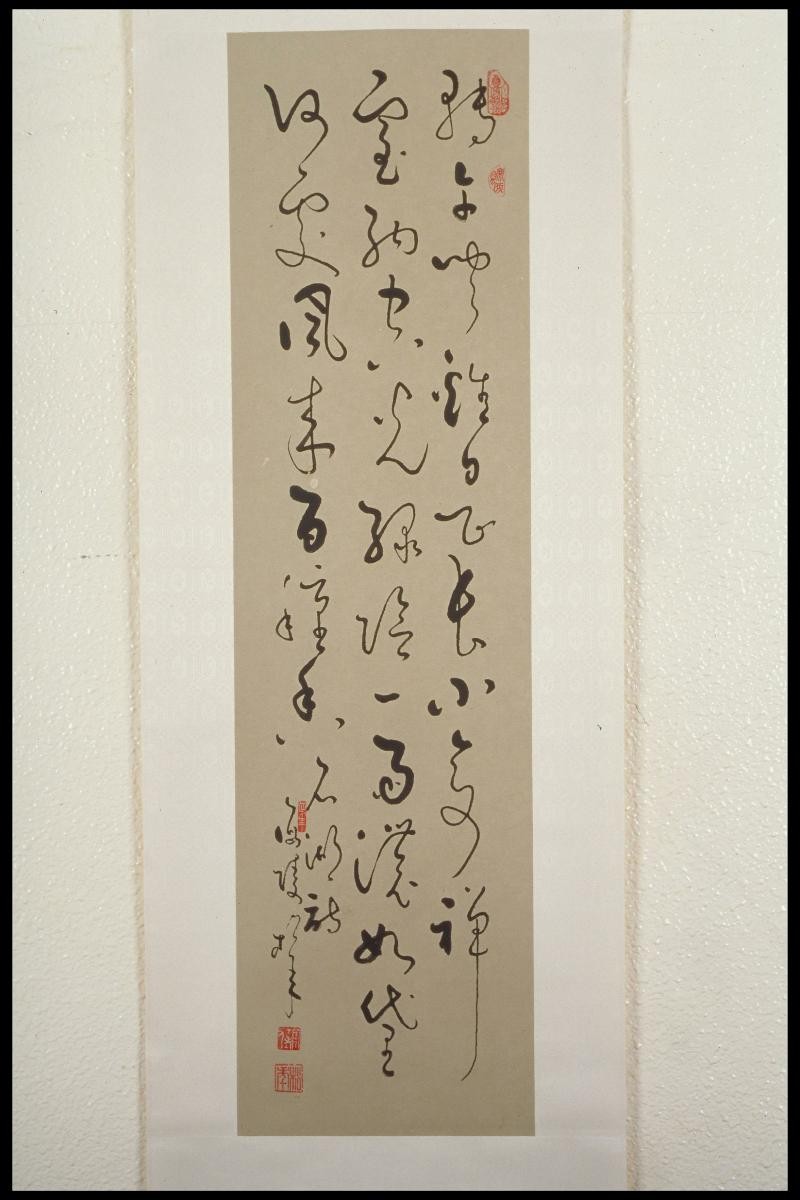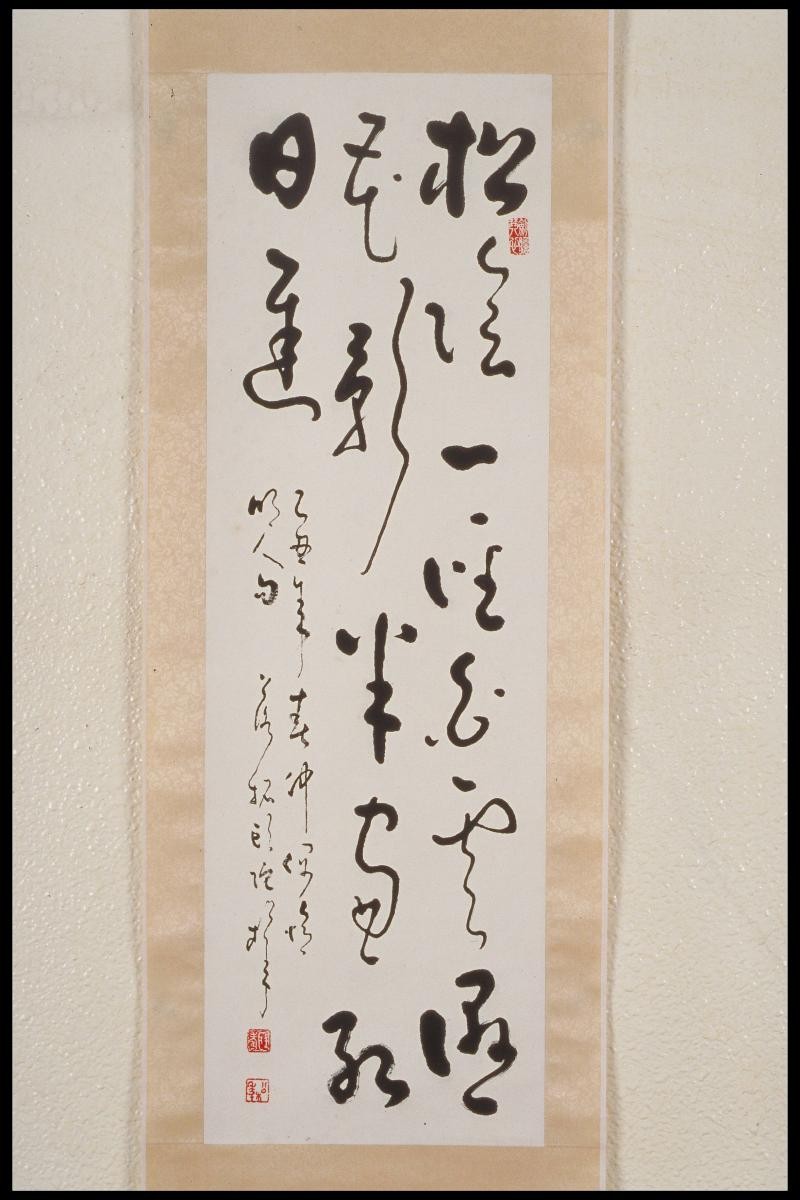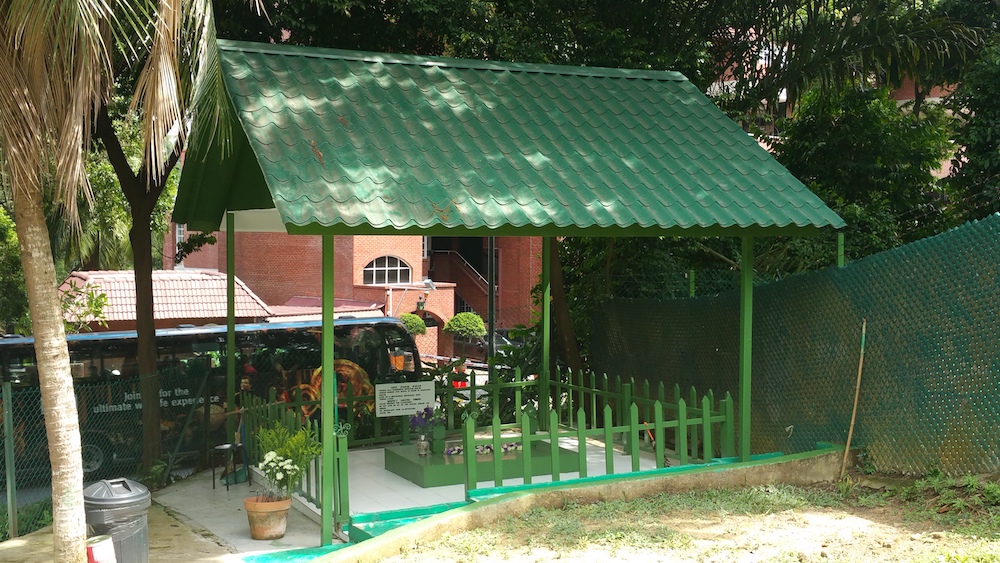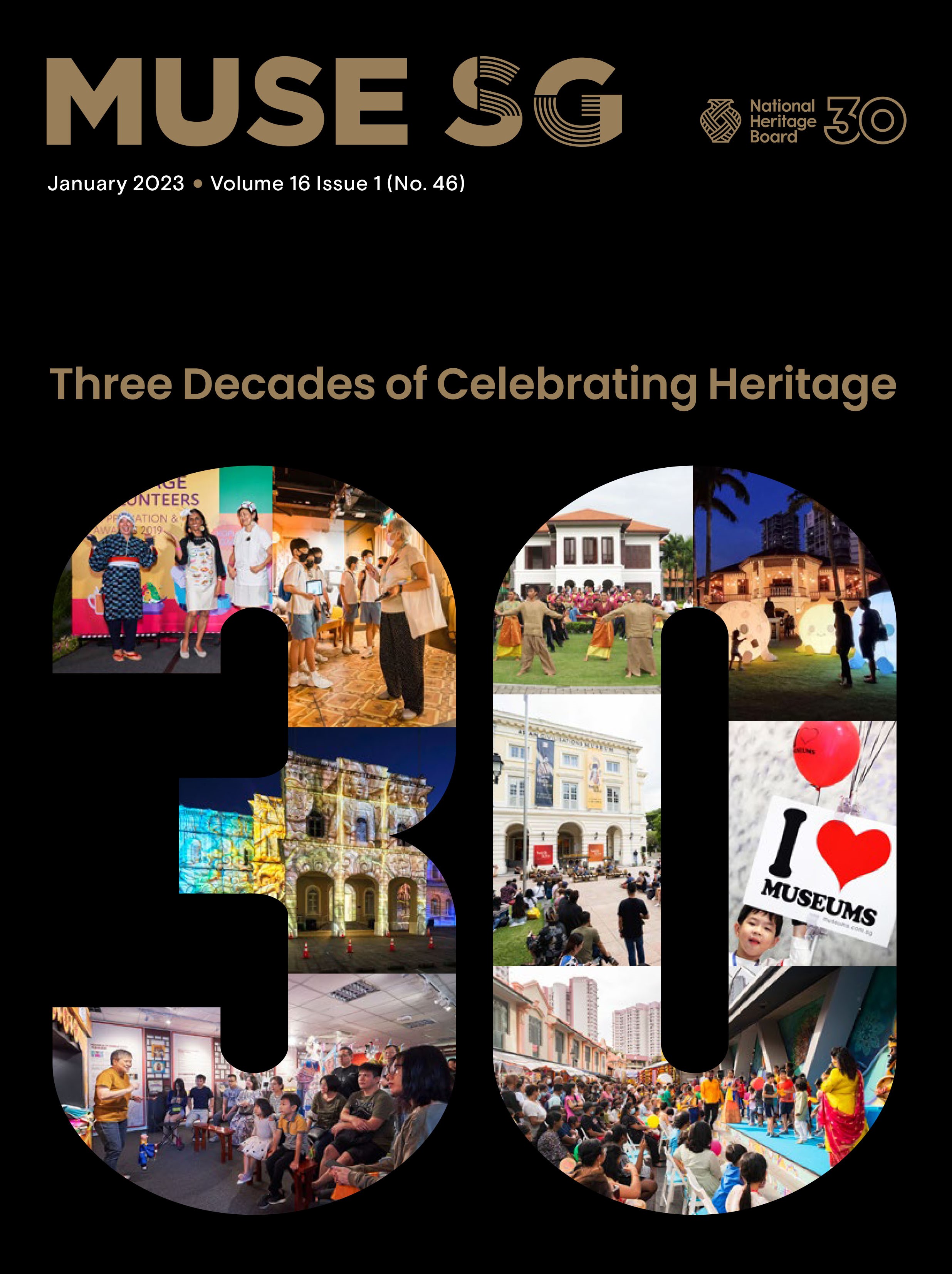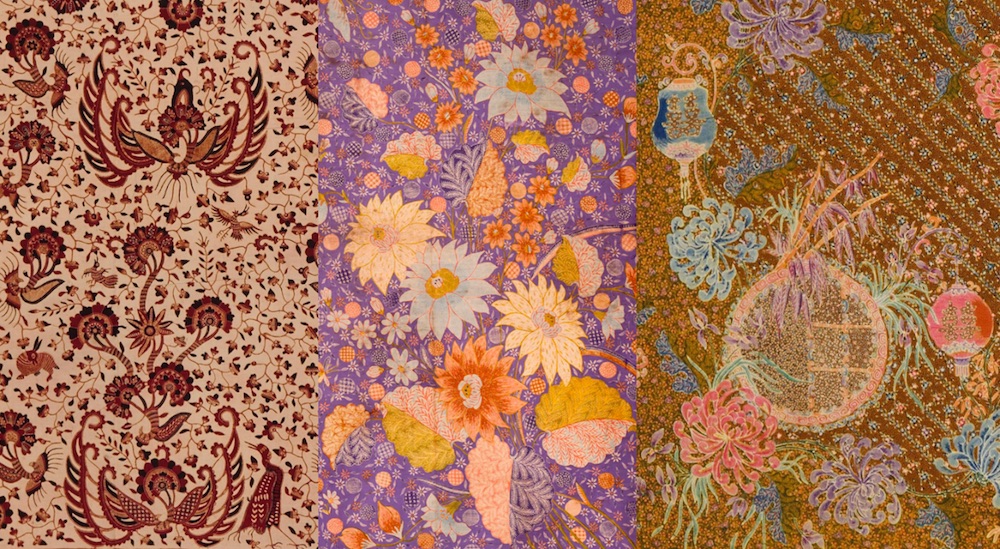Image size: Image: H26.8 x W16.1 cm,
Image size: Page: H32.5 x W39.7 cm
Also named Zhiting and Mei-an, Tiebao was a Manchu born into a military family. Instead of following his father’s footsteps, he opted for the route of a civil official. By the age of 19, he had earned his jinshi degree. Tiebao was known for his excellence in poetry and calligraphy. He created poetry that reflected his pride in his Manchu ancestry. Through poetry, he raised social consciousness about the richness of the Manchu culture. In calligraphy, he was recognised as one of the Four Qing Masters of Calligraphy with Yongxing, Liu Yong (1719-1804)and Weng Fanggang (1733-1818). His style is similar to that of Yongxing, otherwise known as Prince Cheng (1752-1823) of the Qing dynasty (Chengqing wang). Both emulated the styles of the Two Wangs – Wang Xizhi and Wang Xianzhi. In this work, Tiebao copies a treatise on cultivating life ('yangsheng') based on the famous Song scholar, Su Shi’s copy. The original treatise was written by Ji Kang, one of the Seven Sages of the Bamboo Grove.






